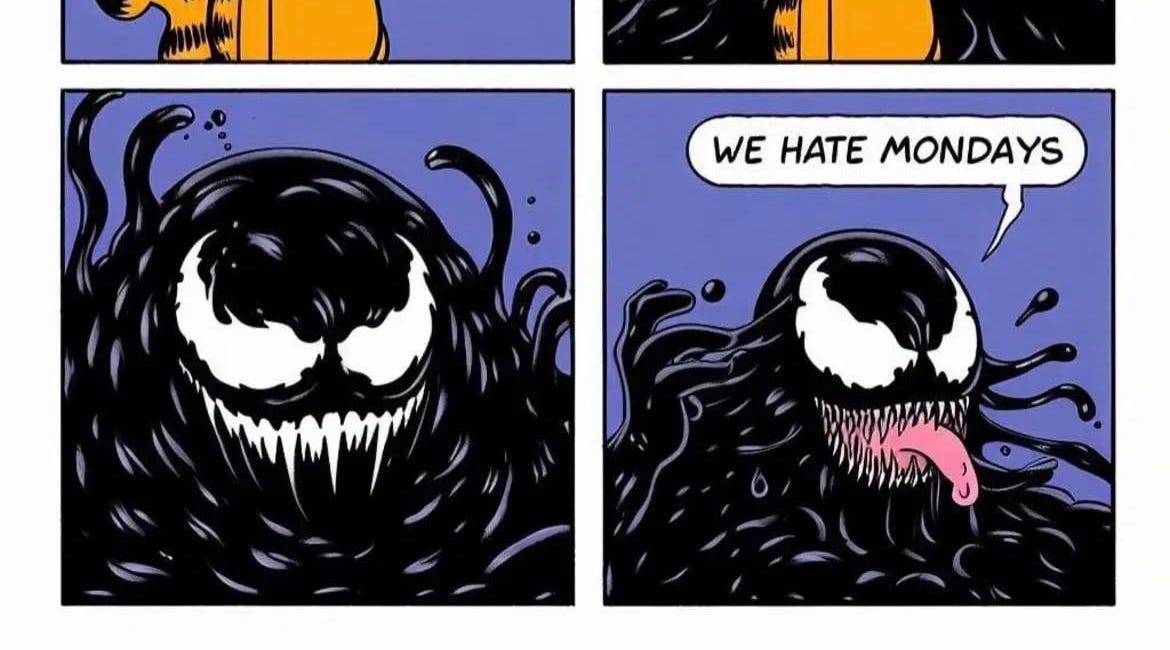As we approach the six month mark, it’s about time to sum up what you can find on here in case you missed any good bits.
Let me start off by acknowledging my collaborator and friend Charles Blass, who has been an invaluable sounding board, editor and research partner. A truly brilliant man with his heart in the right place who has kept me informed and honest — not least on regenerative and pro-social alternatives out there, which we shall get around to here eventually. We also have some longer, deeper things simmering in the slow-cooker.
Kudos also to the various creator’s rights activists, stealth startups and ethical technologists out there who remain havens of sanity in the continued hype. I could never keep up my “Old man yells at cloud” routine on LinkedIn without you.
Our stories so far:
Sam Altman and the Sorcerer's Stone
A three-parter largely based on the research of Peter Schoppert over at AIcopyright.substack.com. It steps through the data value chain, actors and chain of events leading up to this IP heist of the century we call the generative AI explosion. I’m proud to say I published this before it “broke the news” in the Atlantic and other mainstream media.
Part I starts treading in the steps of errant Harry Potter quotes through bittorent tracker Bibliotik and pirate site The Eye to AI developer platform Hugging Face via volunteer open source research martyr wannabe Shawn Presser.
Part II discusses then-emerging legislation, summarizes Mr Schoppert’s findings and connects the philosophy and practice of OpenAI to that of Midjourney.
Part III outlines the philosophy, sophistry and property claims of what I label the degenerative AI community in full — a checklist of the Really Bad Ideas this blog is about dismantling. It also points to legality of present practices and emerging countermeasures.
Top ten lies about AI art, debunked
Guns, memes and slogans. A resource post for anti-AI artist movement, dismantling and countering ten popular “AI bro” talking points from online debates.
Talking points adressed:
The cat is out of the bag
“Luddite”
Amplifying human ability
Democratizing creativity
Prompting is art
Learns like humans
It’s not copying
It’s just a tool
Tech is fast, law is slow
Adapt or die!
Meet altMan & Swooper
A mission statement of sorts for this newsletter/blog, and a showcase of my comic project, altMan & Swooper.
Comic pages:
Training Day, in which altMan teaches Swooper about the Big C.
Alignment, in which altMan presents the “Clean Data” program.
Standards, in which altMan introduces the “no robot burglary” system.
Showdown, in which altMan meets Holez and uMad, and become fast friends.
Blitzscale, in which the SuperSmartFriends bestow their graces upon humanity.
Sigma Griftset, in which Holez and uMad rally enthusiasts that seize opportunity.
The Idea/Expression fallacy
First post about #aifallacies, which will be a recurring theme on here – breaking apart erroneous mental models and framings, and supplying new ones.
• How the Idea/Expression divide is wilfully misinterpreted.
• An outline of the artist exploitation ecosystem in generative AI.
• Regulatory Entrepreneurship: the Silly Valley VC playbook followed by OpenAI and others:
Break the law
Blitzscale at a loss
Reach “too big to ban”
Lobby regulators via users
Picasso should have read the ToS
“Shoulda read the ToS” is a popular gotcha, which exposes three flawed assumptions:
• GenAI companies license their data.
• They do so from platforms with rights to sell it.
• Material was uploaded by creators or rights-holders in the first place.
This post dismantles them in order.
Contents:
• OpenAI:s Fair Use claims
• The state of AI data transparency
• A quick look at data pricing
• A breakdown of Stability’s scrape targets
• What DMCA means in practice, for rightsholders
Swooper 3000: Indemnity
New altMan & Swooper page about OpenAI Dev Day; Big Tech's proposed new ownership regime; and a proposed new value contract for the internet.
The five pillars of Big Tech’s new ownership regime on the internet:
Indemnity: Cover customer legal costs for infringing machine outputs.
Use any excuse to dodge due licensing of copyright works.
Force derivative work clauses into every existing terms of use.
Claim all user inputs and outputs.
Shield their own outputs against AI ingestion.
For a comprehensive take on AI and IP, read my answers to the 39 questions of the USCO Request For Comments.
And for a quick roundup of recent issues, including the VP defection from Stability, check this dialogue on key ethical concerns in generative AI with Noah Gift on last Thursday’s episode of his Pragmatic AI Labs podcast — available wherever you get your podcasts.










